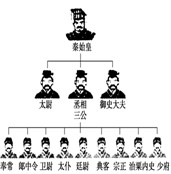问题
单项选择题
POP服务器和IMAP服务器是 (59) 的服务器。
A.下载文件
B.接收电子邮件
C.发送电子邮件
D.浏览网页
答案
参考答案:B
解析:
[分析]:
本题考查POP和IMAP协议。
(1)POP即邮局协议,它是将个人计算机连接到Internet的邮件服务器和下载电子邮件的电子协议。它允许用户从服务器上把邮件存储到本地主机上,同时删除保存在邮件服务器上的邮件,而POP服务器则是遵循POP协议的接收邮件服务器,用来接收电子邮件的。
(2)IMAP是一种用于邮箱访问的协议,使用IMAP协议可以在客户端管理服务器上的邮箱,它与POP不同的是将邮件保留在服务器上而不是下载到本地。IMAP服务器则是遵循IMAP协议的接收邮件服务器,也是用来接收电子邮件的。

